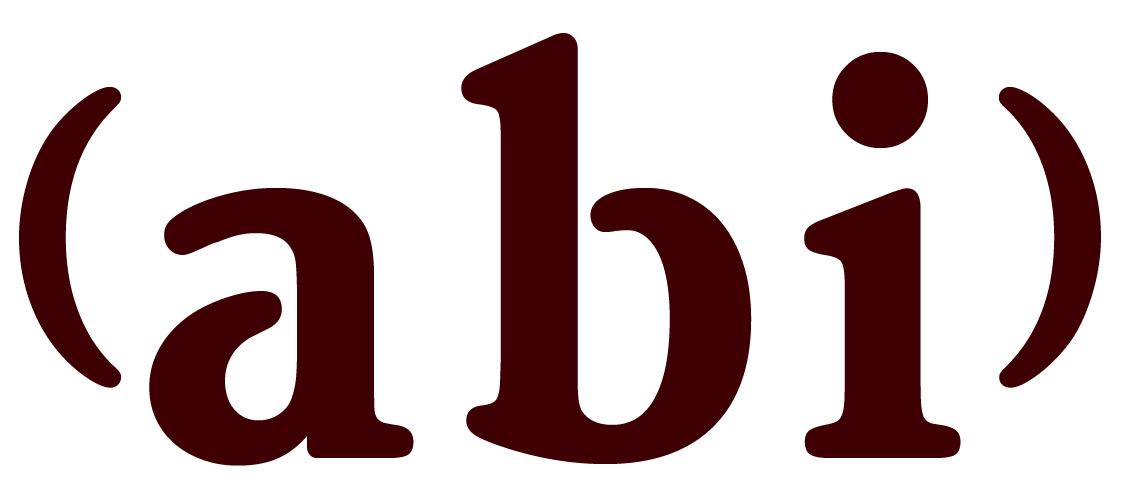From COVID through college, separate is not equal
By Jamie Burch
This last year has been many things for us including isolation, fear, disability discrimination, information, ableism, challenges, lack of disability access, creativity, dissemination, outreach, growth, and successes. The pandemic has further revealed how important it is that disability is included in every equity conversation, including transition and higher education conversations about students with intellectual developmental disabilities accessing college.
A positive step our Think Inclusive College West Coast Coalition has seen this year in Oregon includes the passing of HB 2590 to establish a Task Force on Student Success for Underrepresented Students in Higher Education and the language specifies students who “experience disability, including intellectual developmental disabilities” (IDD), to improve student outcomes. Portland State University's Career and Community Studies certificate program just graduated their second 4-year cohort of students with intellectual disabilities. And West Linn Wilsonville School District, a fully inclusive district, continues to support transition students 18 to 21 years old receiving special education to access higher education at Clackamas Community College through their High School Connections program.
In Washington, ACHIEVE at Highline College continues their fully, inclusive certificate program with an emphasis on equitable enrollment and career so students with IDD can develop and enhance academic and employment readiness skills, plan and prepare for a career based on interests and skills, and gain job skills in real community based businesses. INVEST at Skagit Valley College, another postsecondary transition program for individuals with IDD, offers a certificate to fit students’ goals and career choice and students will be involved on campus, in the classroom, and in the community to build skills. And ROAR at Washington State University, a Comprehensive Transition Program, is continuing to offer their two year program with individualized programs of study and on campus living.
In California, UC Davis Redwood SEED Scholars Program received 67 applications for their new program beginning this fall. The word about inclusive college is getting out and momentum is building with many colleges looking to develop a state-wide consortium. Think College shares a map of what's happening in your state and lists seventeen college programs in CA offering a range of educational and vocational opportunities.
Other states in the west like Nevada, Utah, Arizona, Alaska, and Hawaii also continue to offer college opportunities to students with intellectual developmental disabilities. Some college programs across the country are looking to the Department of Rehabilitation (DOR) to become a model demonstration project for DOR and ask them to fully fund tuition for their students. These asks and other asks from colleges should align well with DOR’s focus and commitment to the federal Workforce Innovation and Opportunity Act (WIOA) to ensure that students and youth with disabilities receive the services they need to achieve quality competitive integrated employment outcomes.
This pandemic started out for many people with intellectual developmental disabilities, in states across the country, under the premise of eugenics as hospitals prefaced rationing medical care because ableism says non-disabled lives are more valuable. And ableism says disability doesn't have to be elevated to equity conversations. Then we say no, we won't perpetuate or normalize ableism. And then we say, yes. Yes, intellectual developmental disability does need to be on the equity agenda and part of every equity conversation. It's time to take a long, hard look at ourselves and biases because we would never accept that any other underrepresented group would be allowed to be excluded from lifesaving COVID treatment, or from college campuses.
And hospitals are not the only system who sees disability from a medical model lens. Most public schools do as well. Public school is often the first-place children learn that disability segregation is an acceptable cultural norm as they see glimpses of students with IDD being isolated in separate classrooms, and they learn without being told that students with disabilities don't belong in their classroom because they can't learn there. Let us dismantle this and take steps toward anti-ableism. Separate is not equal. Disability segregation is not equal in preschools, public schools, or colleges.
And if we are going to follow societal beliefs, attitudes, and behaviors, let's not jump off the cliff perpetuating ableism, let's keep moving forward together as long as we can to promote access and inclusion for all, including opening doors to colleges for people with intellectual developmental disabilities, who are the last underrepresented group to be visible and the last to gain equal access and opportunities. If there is a cliff to follow someone over, and it's for anti-ableism and educational inclusion of students with IDD, then I'm all about it. All about a societal shift toward a more accepting and inclusive life for my daughter and other people with intellectual developmental disabilities.
While coronavirus brought us many hardships and losses there are many things that have remained that gives us strength and hope including our values, inclusion, disability rights, Universal Design for Learning, and that we are All Born (in) to this world naked, new, and full of potential. We are still rooted in equal opportunities, Nothing About Us Without Us, elevating disability equity, promoting access and accommodations, and ending disability segregation in schools now, including community colleges and universities. We know inclusion is the future.
